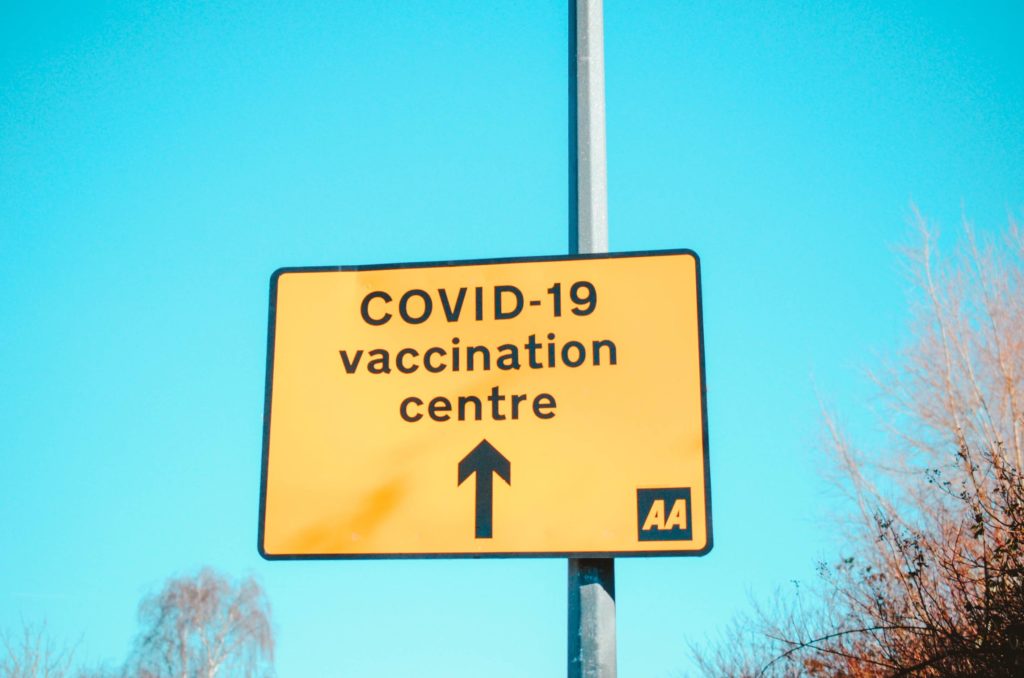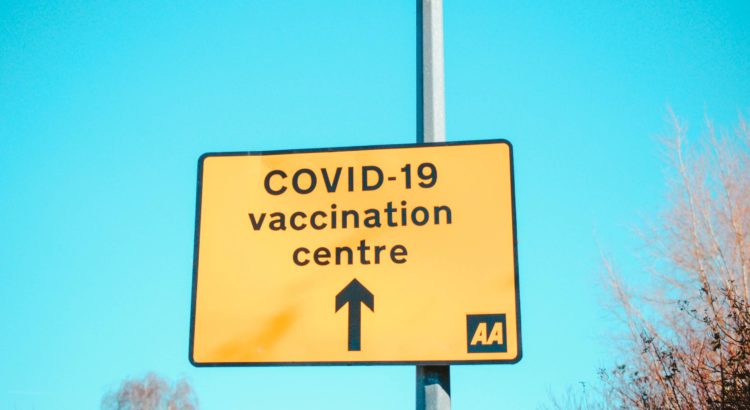
The untold stories of the unvaccinated show the government’s lack of compassion
There are a broad range of reasons why people might decide not to get vaccinated or not to take the COVID-19 vaccine just yet. The below is based on stories from real people. Names have been changed to protect identities, for fear of abuse.
Meet Louise. She is 56 and has, on three occasions, nearly died from anaphylactic shock. She is very cautious about what she eats. She knows she has a higher risk from COVID-19 than people younger than her but she is slim and healthy so her risk is not as high as for some. She will not be vaccinated because of the risk of anaphylaxis. However, it was the deliberate stirring of hate towards the unvaccinated, without any consideration of their perspective, that has made her more vehement than ever not to be vaccinated.
Meet Iqbal. He is 63, overweight and has pre-diabetes. He had COVID-19 in spring 2020 and was hospitalised with it. He still has good antibody levels, and also knows that even when these inevitably wane, as they do after all viral infections, other aspects of his immune system will protect him from severe disease. He has carefully read the evidence comparing natural immunity to vaccination-induced immunity and is consequently confident that the vaccine provides more risk than benefit to him.
Meet Emma. She is 17. Her older sister was 20 when she died from a brain clot 3 days after vaccination. She is scared that not being vaccinated will affect her education, but more scared of being vaccinated after what happened to her sister.
Meet Darren. He is 33 and used to be a pro-tennis champion. He now coaches but still takes great care of his body. He has had numerous vaccinations in his life but held off COVID-19 vaccination as he did not feel he was at much risk and he wanted to see longer safety studies. He did his research and decided the known risk to him of myocarditis from vaccination, together with the unknown risks, outweighed the risk to him from COVID-19. In theory he could be persuaded to take a safe medication in order to protect the vulnerable, but only when the safety evidence and efficacy had been well established. In fact, he feels that the evidence of a reduction in infections in heavily vaccinated countries is simply not there.
Meet John. He is 75 and a retired physician. He is horrified at the way medical ethics have been ignored in recent months. All that he was taught and worked for has been treated as meaningless. He strongly believes that consent for any medical procedure must be carried out without deception or coercion and that giving up bodily autonomy to the state sets a terrifying precedent for the future. He fully supports those who have chosen to get vaccinated for their own benefit but, despite being in a higher risk group, he is making a conscientious stand against biomedical totalitarianism.
Meet Ellen. She is 13 and has just moved schools. She is keen to fit in and do anything she can to help others. She is a diligent student and has carefully taken on board concepts such as ‘my body, my choice’. She takes an interest in current affairs and has read the JCVI verdict on COVID-19 vaccination. She therefore does not understand why authorities are so keen to vaccinate her — it is causing her (for the first time) to question their motives. She also wonders how it can be justified for precious NHS resources to be expended on giving her this vaccination, especially when the health services are stretched so thin.
Meet Shilpa. She is a 29 year old ICU nurse. She has helped save the lives of many COVID-19 patients but has also had the difficult job of comforting relatives when her patients have died. She cannot understand how in 18 months she has gone from being an NHS hero to being on the verge of being sacked. She decided not to be vaccinated after thoroughly researching the risks to herself from COVID-19 and the risks to her from vaccination. She intends to stand by her original decision even if she loses her job. She hopes that when healthcare staff are laid off, despite winter pressures approaching and despite being highly educated on vaccination, the public might realise that the demonisation of the unvaccinated is profoundly wrong.
Meet Jamie. He is 14 and does lots of sport. He doesn’t think he needs the vaccine and his parents agree but he may change his mind as he wants to go to France next year and they aren’t letting anyone over 12 in without a vaccine.
Meet Sue. She’s a teacher in a local primary school who has chosen not to have the vaccine but she is now being ostracised by her colleagues. She is really worried about peer pressure on kids if the vaccines go ahead in schools.
Meet Mercy. She works in a care home. Last year was sad, seeing her clients with dementia deteriorate especially when their family members were not allowed to visit. She had COVID-19 early on but was back at work in two weeks. She has read reports from Israel and elsewhere showing good long-lasting immunity from natural infection, so is reluctant to take a vaccine which as yet has no long-term safety data and she has declined the vaccine. She has been told she will lose her job next month, when the vaccines become compulsory for care home staff. She has worked in care homes for 20 years and loves her job. Six other colleagues are also leaving. She worries how the care home will cope.
And if you’re still not sure how domestic vaccine passports could work, meet this young family from Lithuania who have lost their jobs and their access to almost every aspect of everyday life.

